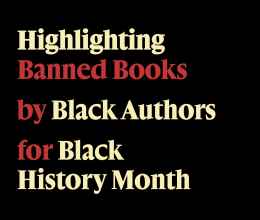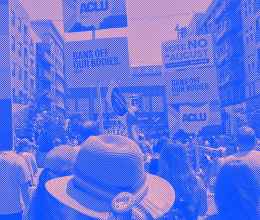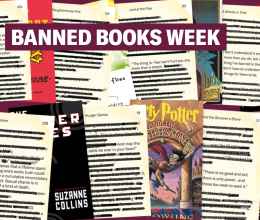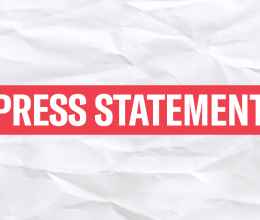Do you think the practice of banning books is a thing of the past? Something that books such as Animal Farm, The Catcher in the Rye, and To Kill a Mockingbird have been subject to??
Think again.
Just earlier this month, the internationally beloved Harry Potter series was banned yet again by a Catholic school in Nashville, Tennessee for supposedly depicting “actual curses and spells.” Similarly, in April of this year, a Georgia sheriff was illegally denying books to prisoners by implementing a policy that not only restricted “incoming books from family, publishers and organizations, but also remove[d] existing books from inmates” – thus limiting reading options to a “jail book cart.”
Do you think these are two instances few and far in between? Nope! According to the American Library Association, there was a staggering total of 347 book challenges in 2018 alone. That's almost a book challenge a day!
Who were the challengers?
- Patrons (33%)
- Parents (32%)
- Board/administrations (13%)
- Librarians/teachers (10%)
- Political/religious groups (6%)
- Elected officials (3%)
- Students (3%)
To further add, these challenges took place in public libraries (59%), school libraries (23%), school (14%), academic institutions (3%), and special/prison libraries (1%).
So why are we telling you this? Because it’s Banned Books Week! This week is all about having the freedom to read whatever and whenever we want to. It brings together individuals from all walks of life, from librarians to students to activists to band together in shared support to seek and to express ideas, even those some may consider unorthodox or unpopular. Most importantly, it’s about educating those who may not exactly know why banning books is such a problem.
Simply put, banning books is a type of censorship, and since its inception, the ACLU has actively opposed government censorship in all forms – whether it be books, radio, television, movies, or the internet. Freedom of expression is a civil liberty found in the First Amendment of the Constitution, and when government institutions engage in book banning, it’s not only the denial of being able to read, think, say, and write whatever we’d like, but it is fundamentally unconstitutional and encroaches on our rights as people living in America.
Book burning is the quintessential image of what individual rights and freedoms being crushed by a government body looks like – this is exactly why photos depicting this practice are so chilling – because we can physically see our rights being burned at the stake.
However, it’s not only the sight of it that should scare us. Burning books is also a dangerous slippery slope which can – and oftentimes does – lead to more rights being taken away. When governments burn, ban, and censor books, the desire of total control over citizens burns even brighter and deeper. Although government censorship of books is the most alarming, it should also be concerning when a church, private school, or non-governmental authority decides that it wants to challenge or ban a book for various reasons. The ACLU’s biggest concern, after all, is when the government bans books, because it is unconstitutional; but shouldn’t private institutions, organizations, companies, and other authorities also uphold the fundamental principles of the First Amendment?
Of course they should.
This leads us to a very important question: why would a government entity or other authority want to ban or challenge books? There are many reasons ranging from social, political, sexual, and religious reasons. For instance, Maya Angelou’s I Know Why the Caged Bird Sings (1969) has been one of the most frequently challenged books in American history for various reasons including anti-whiteness, sexually explicit depictions, and use of offensive language. Jill Twiss’ A Day in the Life of Marlon Bundo, a heartwarming story about a boy bunny who falls in love with another boy bunny, has frequently been banned and challenged due to – you guessed it – it’s LGBTQ theme. Khaled Hosseini’s The Kite Runner also makes this list, because it apparently promotes Islam and could “potentially lead readers to resort to terrorism.”
It truly should come as no surprise that many challenged and banned books are written by minority writers or are about topics that ultimately speak about or to minorities and their experiences. Thus, banning books goes beyond just censorship, it perpetuates the marginalization of those who already have a hard time legitimizing their voices and representation in the mainstream, because they do not fit the status quo.
So this Banned Books Week, we here at the ACLU of Ohio challenge you to educate those who may not know that banning and challenging books still occurs in America and tell them why it’s such a big deal; read a banned book or two; celebrate the fact that it is our First Amendment right to read any and every type of book that we please; and/or get on social media and participate in all things Banned Books Week!
We challenge you, because as banned author Stephen Chbosky has aptly put: “Banning books gives us silence when we need speech. It closes our ears when we need to listen. It makes us blind when we need sight”.
And that silencing of speech is something that we should never allow – by anyone.







